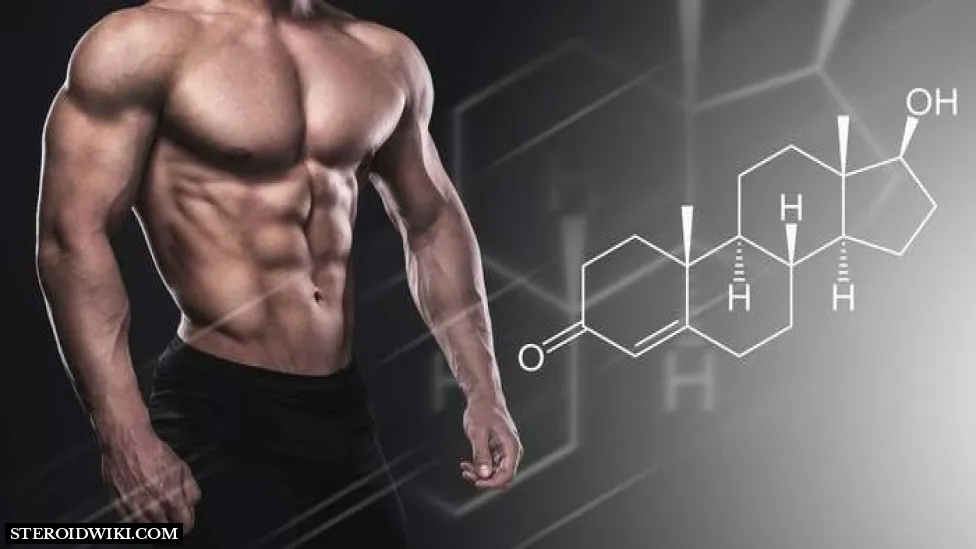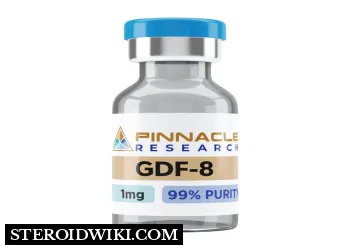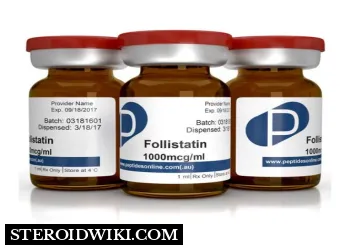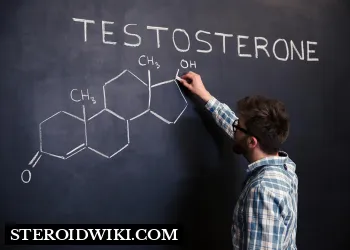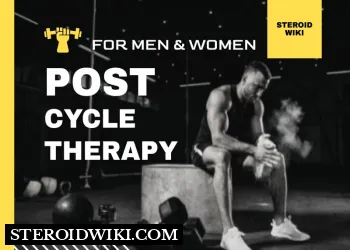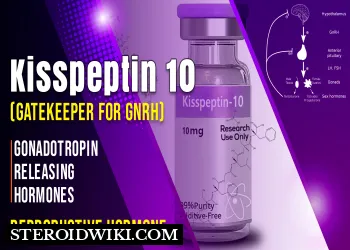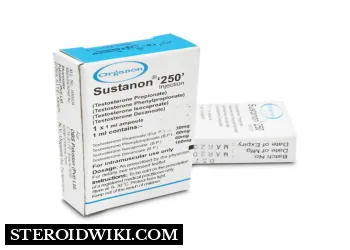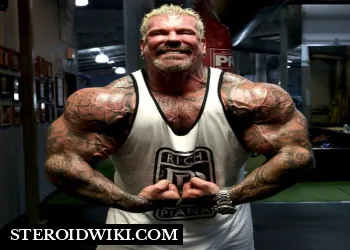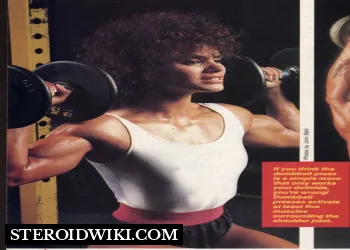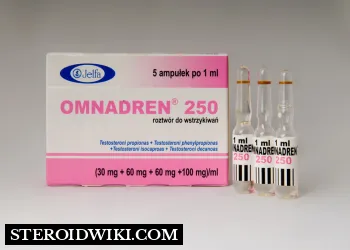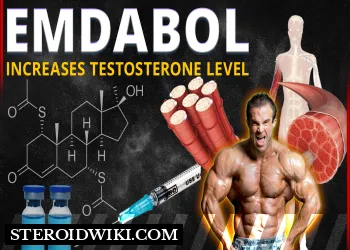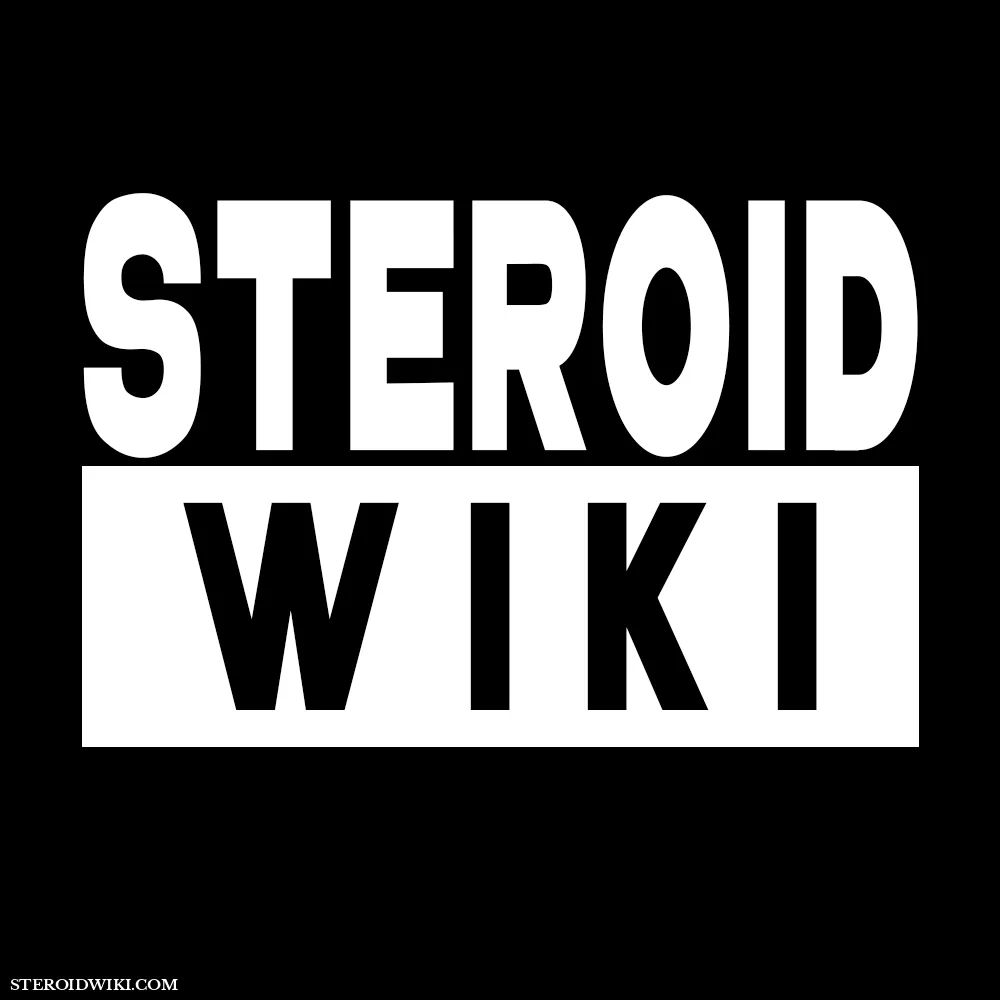Testosterone's role in Bodybuilding
Whether you are a bodybuilding guru or just getting started to maximize your results, you must have heard about the importance of testosterone! Most athletes seek to raise their testosterone levels in order to improve their performance and boost their muscle growth. How does testosterone affect muscle gain and muscle performance? How to naturally boost your testosterone level?
Testosterone
Testosterone is a steroid hormone from the androgen group; it is the primary male hormone. It is considered the hormone of strength, energy and endurance.
It is naturally produced by the body from cholesterol stored in the liver, and is secreted by the gonads (testes for men), and to a lesser extent, by the adrenal glands. Testosterone is also secreted by the ovaries in women, but at a lower degree (7 to 8 times less than in men).
This hormone plays a key role in the health and well-being of humans. Testosterone has multiple effects on the whole body: it is particularly known for its powerful impact on physical and sexual energy. Testosterone contributes to the production of energy, promotes liveliness and increases the production of blood cells; it participates in the development of the male sexual organs; it positively effects libido, erection and overall growth and reduces lack of sexual desire and hormonal problems.
Testosterone significantly improves nervous balance in humans: it helps fight fatigue and insomnia by promoting quality and restorative sleep. It also allows better management of stress and anxiety.
Testosterone positively influences several factors in women as well. It provides a serious functions in women even if it is only present in small doses. Women need it less and are therefore more sensitive to testosterone when it is present in small amounts. This hormone improves the quality of the ovaries and improves fertility, while reducing period pain and menopausal symptoms such as headaches.
In men, the peak of testosterone is between 20 and 30 years, then decreases in stages with age. Other factors such as stress, low fat diet, intense training, also negatively impact the testosterone levels.
A low level of testosterone can have many consequences on the body:
- Fatigue and discomfort
- Loss of appetite
- Weak immune system
- Negative effects on protein synthesis and therefore on muscle building
- Weakened bone density
- Loss of sexual desire
Testosterone as part of bodybuilding
Testosterone is an anabolic hormone, just like growth hormone and insulin. It supports the body in the process of adding muscle mass by allowing muscle hypertrophy (thickening of muscle fibers), giving more volume and strength to the muscles.
Testosterone naturally facilitates muscle mass gain, and strengthens muscles. By strengthening the bones and the skeleton, it accelerates the speed of remission of an athlete following an injury for example. This hormone acts on the physique and the mind of the athlete: it is therefore the hormone of choice to support professional athletes who subject their bodies to intense training routines such as endurance exercises, intense competitions, bodybuilding etc.
- It promotes the building of muscle mass ;
- It inhibits the formation of fat mass (useful in the bulking phase);
- It stimulates the mind, allowing for more intense and longer workouts.
Strength training is a sport that puts a strain on muscle tissues: physical efforts are continuous, and training is long and intense. During a weight training session, the adrenal glands will release testosterone in order to support the production of red blood cells to allow better oxygenation and therefore better performance.
A high level of testosterone helps to:
- Better handle the difficulty ;
- Feel less tired;
- Develop more strength;
- Better development of muscle tissue;
- Better recovery and muscle repair after exercise.
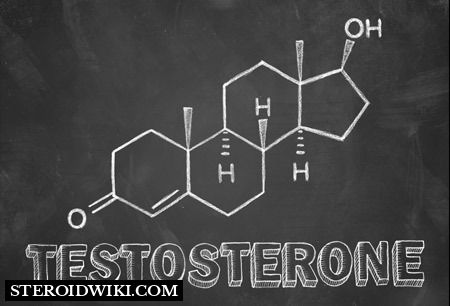
How to naturally boost your testosterone levels?
To naturally boost your testosterone levels, the essential trio is: quality sleep, healthy eating, and a suitable training program.
Food is the key
Nutrition is at the heart of testosterone secretion. Here are the essential elements to integrate into your diet to naturally boost your testosterone levels:
- Calorie Intake: You need to eat enough calories to meet your body's needs, between 40 and 44 calories per kilogram.
- Protein: if you are not a vegetarian or vegan, consume animal proteins which further promote the secretion of testosterone. Eat so-called “lean” meats such as poultry and fish. Don't overlook red meat either! The presence of saturated fatty acid and zinc helps promote testosterone levels. Fish also promotes the production of this hormone.
- Fatty acids: since testosterone is produced by the body from cholesterol, it is essential to increase your intake of saturated, monounsaturated and polyunsaturated fatty acids. Consume vegetable oils (olive, coconut, rapeseed, sunflower), oilseeds (almonds, walnuts, hazelnuts), avocados, eggs (especially the yolk in which is present the "good cholesterol), fatty fish (tuna, salmon , mackerel, herring, sardines).
- Cruciferous vegetables: they help stimulate testosterone levels thanks to the phytonutrients they contain, which minimize estrogen (female hormones). Eat broccoli, Brussels sprouts, cauliflower, cabbage ...
- Carbohydrates: These are your body's source of energy. In addition, a ratio of 2 doses of carbohydrate for one dose of protein, positively affects testosterone levels. Generally, consume about 4.4 grams of carbohydrate per pound of body weight.
Things which negatively impact testosterone levels:
- Too high a calorie intake: if you eat too much for your needs, you risk gaining fat, which lowers testosterone.
- Eating too much protein: If the ratio of carbohydrates absorbed is greater than the intake of proteins, your body will have a harder time absorbing proteins. The kidneys will then work harder to eliminate sugars from the system, which will result in loss of testosterone through the urinary tract.
- Excessive consumption of fiber and lipids (over 30% of your calorie intake) may decrease the concentration of testosterone.
Indispensable Vitamins and Minerals
- Vitamin D: it helps to increase testosterone levels. It is also called "vitamin of the sun" because of it and thanks to the exposure of the rays of the sun that our body synthesizes testosterone. Get out in the sun and eat foods high in Vitamin D.
- Vitamin B6: it helps boost testosterone levels in two ways. Directly by stimulating the production of androgens, which increases the level of testosterone; and indirectly by helping to regulate estrogen secretion.
- Zinc: it inhibits aromatase, an enzyme that converts part of testosterone into estradiol, a form of estrogen.
Take care of your sleep
- Sleep is very important for the production of testosterone: a lack of sleep or poor quality sleep will result in a drop in testosterone levels. So make sure you get enough hours of sleep for your needs, and maintain quality, restful sleep.
Train yourself
It is possible to boost your testosterone levels by following a short but intense exercise program:
- Exercises that require a maximum of muscles. Recent studies have shown that the more muscles you exercise, the more it stimulates the release of testosterone. Practice polyarticular exercises, which solicit several muscle groups at the same time: calisthenics, squats, bench press, deadlifts etc
- Strength exercises. Working hard helps stimulate the secretion of testosterone.
Reduce your stress
Stress increases the level of cortisol, a hormone that is very harmful to testosterone levels. Indeed, the role of cortisol is among other things to curb libido and aggressiveness, unlike testosterone, which increases with training. Therefore, try to control your stress level, relax, decompress.
Should we take supplements to stimulate our hormones?
Hormonal stimulants contain active ingredients that stimulates the body produce hormones, such as testosterone, insulin or growth hormone. They will act as precursors of these hormones, and stimulate their natural production mechanisms (at 30 to 40% or less).
It is important not to confuse them with steroids and growth factors, the effect of which is the opposite: they represent an external supply of hormones, which will replace the body's natural production; the organs will then stop their natural production, because of the large quantities received externally.
Hormonal stimulants made from natural active ingredients (plant extracts, trace elements, vitamins and minerals) are completely safe if we follow the recommendations for use and recommended dosages. They will help give the body a boost by stimulating endogenous hormonal production and promoting availability for the muscle. Testosterone supplementation improves physical resistance, increases exercise endurance by accelerating cell oxygenation and therefore accelerates recovery. In addition, taking testosterone-based food supplements balances the presence of this hormone in the body, in order to improve sports performance quickly and over time.
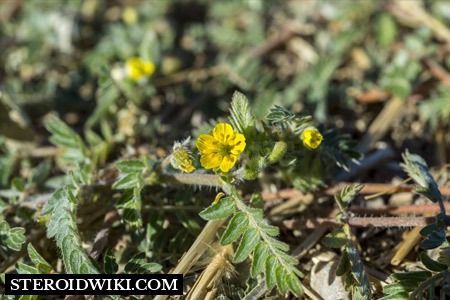
For this, the 3 most effective and natural hormonal stimulants are:
- Tribulus Terrestris: This is a plant whose fruit has been used for millennia in traditional Ayurvedic and Asian medicine to improve fertility and treat sexual dysfunctions. Recent studies have shown that thanks to saponins, active substances in this fruit, it naturally increases the levels of steroid hormones, including testosterone and DHEA.
- Munuca Pruriens: Also called Muscat Peas, it is a plant whose seeds have long been used in traditional Ayurvedic medicine for its aphrodisiac properties. This extract helps reduce excess prolactin in the body; high levels of prolactin in the body are assiciated with the lower levels of testosterone.
- Fenugreek: This is a leguminous plant, one of the oldest medicinal plants in history. Its seeds have been used since antiquity for its aphrodisiac properties. This extract helps stimulate the natural production of testosterone.
For maximum effect, you can combine a hormonal stimulant with other sports nutrition products:
BCAAs
After training, taking BCAAs has a positive effect on testosterone levels, in particular L-Leucine (associated with L-Isoleucine and L-Valine). You can take a food supplement rich in BCAAs, or whey protein.
- NO boosters
L-Arginine, Citrulline and AAKG (Arginine Alpha-Ketoglutarate) help stimulate cellular oxygenation and promote the flow of nutrients to the muscles, thus helping muscle development.
Testosterone is often associated with a hormone that makes you aggressive. However, if it is well balanced and of quality, it promotes motivation, self-confidence, determination, ambition, charisma and the desire to take risks to move forward in your projects.

